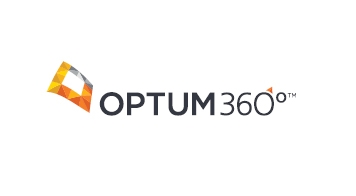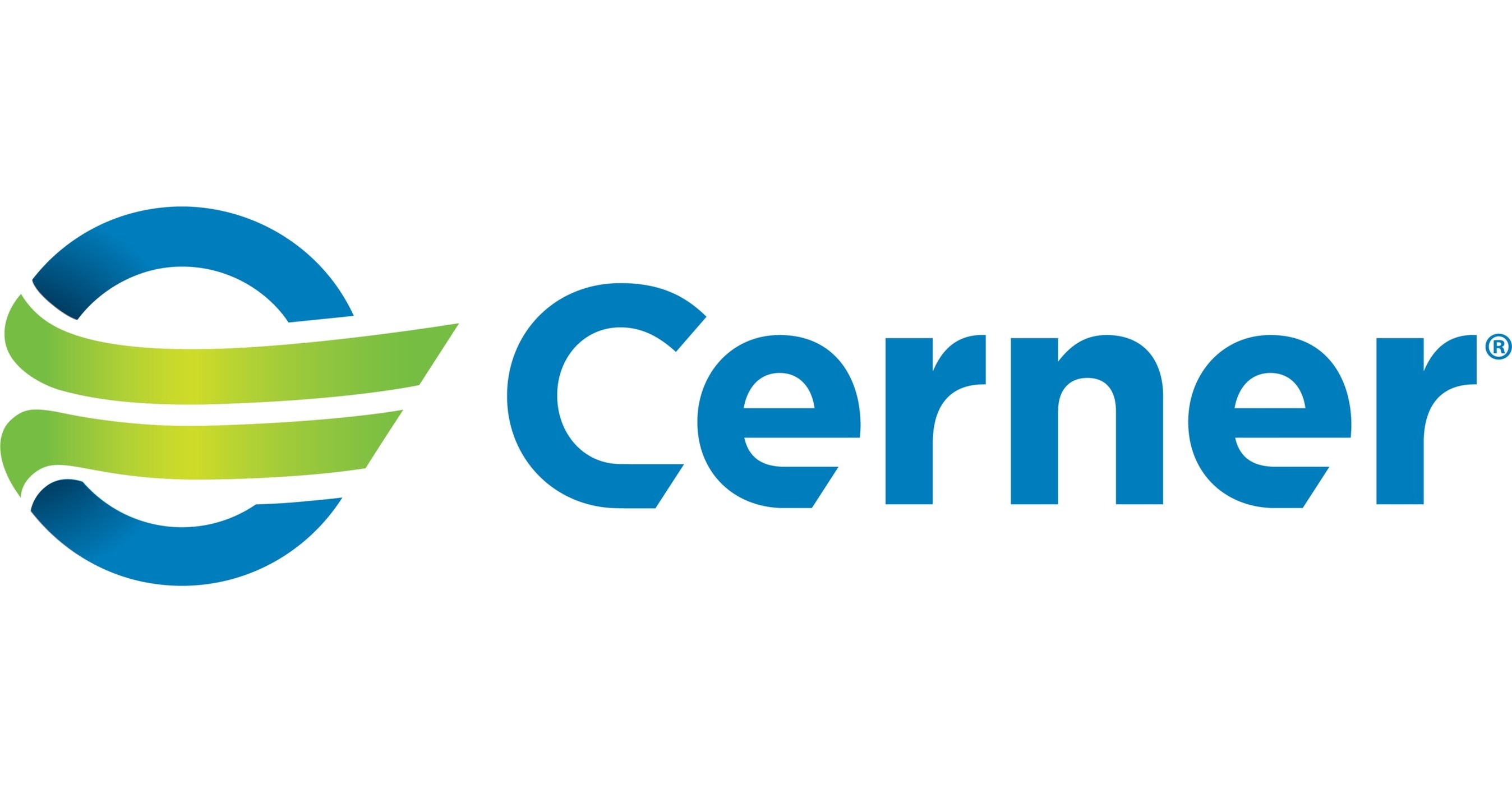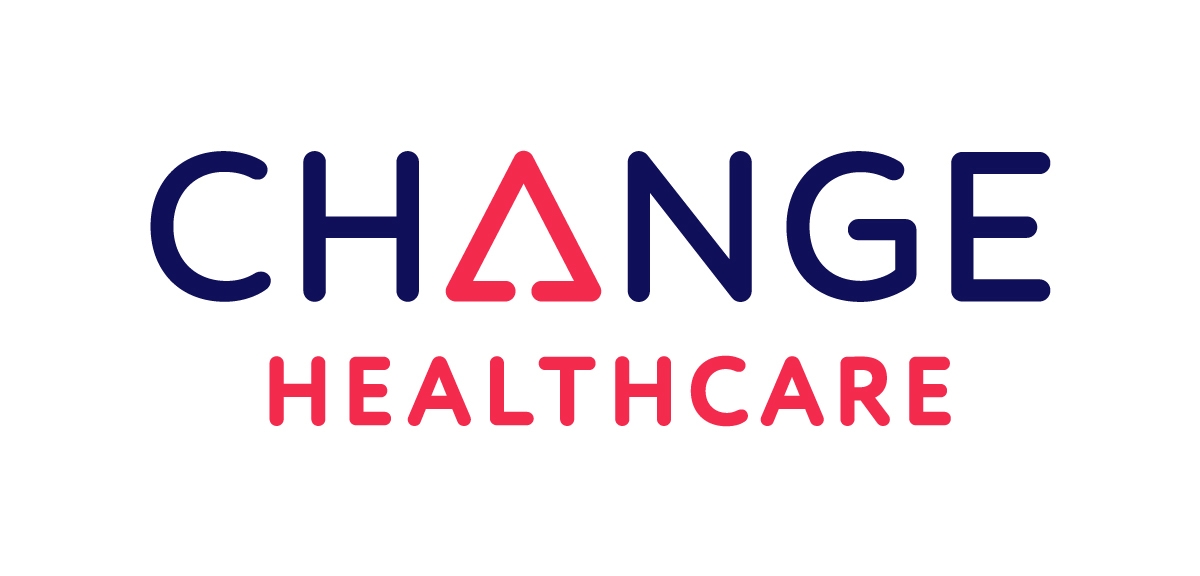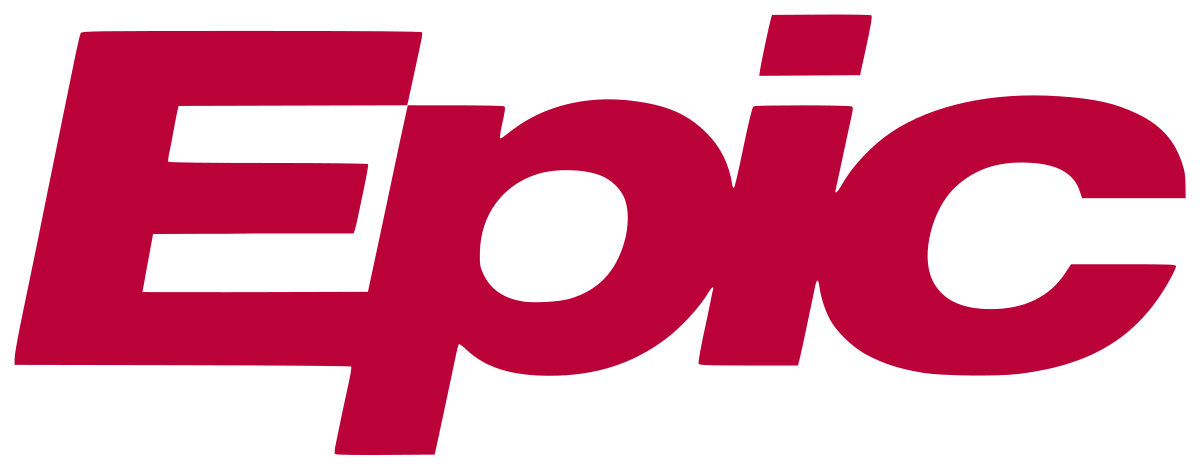Navigating the complexities of healthcare revenue cycle management healthcare(RCM) can be daunting, with the seamless orchestration of patient care, billing, and collections being crucial for the financial health of medical institutions. As the industry evolves, driven by technological advancements and regulatory changes, identifying the leading companies that excel in this space becomes imperative. In this article, we unveil the top 10 healthcare revenue cycle management companies that not only streamline operations but also innovate with AI-driven solutions, ensuring enhanced efficiency and compliance. Join us as we explore the trailblazers redefining financial management in healthcare, spotlighting a company that integrates blockchain technology to revolutionize patient data security and transparency.
Top 10 Healthcare Revenue Cycle Management Companies
The healthcare industry is intricate and multifaceted, with numerous challenges related to administrative tasks, patient care, and financial management. One of the most critical components in this ecosystem is Revenue Cycle Management (RCM). RCM involves the financial process, utilizing medical billing software that healthcare facilities use to track patient care episodes from registration and appointment scheduling to the final payment of a balance. Effective RCM ensures that healthcare providers get paid for their services in a timely and efficient manner, which is essential for maintaining financial health and operational efficiency.
Here, we delve into the top 10 healthcare revenue cycle management companies in 2024, highlighting their unique offerings, innovations, and contributions to the healthcare sector. Additionally, we provide a fresh perspective on how these companies are adapting to new trends and integrating unique approaches to stay ahead in the evolving landscape of healthcare RCM.
1. Optum360
2. Cerner Corporation
3. McKesson Corporation
4. Change Healthcare
5. Kareo
6. eClinicalWorks
7. Epic Systems Corporation
8. R1 RCM Inc.
9. Allscripts Healthcare Solutions
10. NextGen Healthcare
1. Optum360

Overview:
Optum360, a part of UnitedHealth Group, stands as a titan in the healthcare RCM space. With a focus on technology and analytics, Optum360 offers comprehensive solutions that enhance revenue capture, reduce administrative burdens, and improve patient satisfaction.
Key Offerings:
- Advanced analytics and reporting tools
- Automated billing and coding processes
- Patient financial services
- Regulatory compliance assistance
Innovations:
Optum360 utilizes artificial intelligence (AI) and machine learning (ML) to predict claims outcomes and streamline the billing process. Their proactive approach in identifying potential denials before submission helps in significantly reducing claim rejections.
Optum360 has integrated social determinants of health (SDOH) into their RCM analytics. By understanding the broader context of a patient’s environment, including socioeconomic factors, Optum360 can more accurately predict payment behaviors and tailor financial assistance programs, improving patient satisfaction and collection rates.
2. Cerner Corporation

Overview:
Cerner Corporation is renowned for its robust healthcare IT solutions, and its RCM services are no exception. Cerner’s RCM solutions are integrated into its broader health information technology systems, providing seamless data flow and operational efficiency.
Key Offerings:
- Integrated electronic health records (EHR) and RCM systems
- Comprehensive billing and coding services
- Financial analytics and decision support
- Denial management
Innovations:
Cerner leverages big data analytics to provide real-time insights and predictive analytics, helping healthcare providers optimize their revenue cycles and identify areas for improvement.
Cerner has begun incorporating blockchain technology into its RCM processes to enhance security and transparency. This innovation not only improves the integrity of financial transactions but also streamlines claims processing by providing an immutable and transparent ledger of all activities.
3. McKesson Corporation

Overview:
McKesson Corporation is a global leader in healthcare supply chain management and pharmaceutical distribution, with a strong foothold in RCM. McKesson’s RCM services focus on improving financial performance and enhancing operational efficiencies for healthcare providers.
Key Offerings:
- End-to-end RCM solutions
- Patient billing and collections
- Claims management and denial resolution
- Financial analytics and reporting
Innovations:
McKesson’s use of cloud-based technology and AI-driven analytics provides real-time financial insights, enabling healthcare providers to make informed decisions and optimize their revenue cycles.
McKesson has recently introduced predictive analytics models that use historical data to forecast future revenue cycles. This allows healthcare providers to anticipate cash flow challenges and opportunities, ensuring better financial planning and stability.
4. Change Healthcare

Overview:
Change Healthcare is a major player in the healthcare RCM market, known for its comprehensive suite of solutions that cover every aspect of the revenue cycle. Their focus on innovation and interoperability sets them apart in the industry.
Key Offerings:
- Revenue cycle intelligence and analytics
- Claims processing and management
- Payment accuracy and integrity services
- Patient access and engagement tools
Innovations:
Change Healthcare employs blockchain technology to enhance data security and transparency. Their innovative approach to RCM includes predictive analytics and AI to streamline billing and claims processes.
Change Healthcare has pioneered the use of augmented reality (AR) for training and support in RCM processes. This immersive technology helps staff quickly adapt to new systems and procedures, reducing errors and enhancing overall efficiency.
5. Kareo
Overview:
Kareo focuses on providing RCM solutions tailored to the needs of small to medium-sized medical practices. Their user-friendly platform integrates seamlessly with various healthcare management systems.
Key Offerings:
- Medical billing and coding services
- Practice management software
- Patient scheduling and engagement tools
- Financial reporting and analytics
Innovations:
Kareo’s cloud-based platform ensures accessibility and ease of use. They incorporate AI to automate routine tasks, such as coding and billing, which helps in reducing errors and improving efficiency.
Kareo has introduced a community-driven support system where users can share best practices and solutions to common problems. This crowdsourced knowledge base enhances the overall user experience and provides real-time solutions to emerging challenges.
6. eClinicalWorks
Overview:
eClinicalWorks is well-known for its integrated EHR and practice management solutions. Their RCM services are designed to streamline administrative workflows and enhance financial performance.
Key Offerings:
- EHR and practice management integration
- Comprehensive billing and collections services
- Denial management and resolution
- Financial performance analytics
Innovations:
eClinicalWorks uses AI and machine learning to enhance billing accuracy and predict denials, providing actionable insights that help practices improve their revenue cycles.
eClinicalWorks has developed a new analytics dashboard that integrates patient satisfaction metrics with financial performance data. This holistic view helps practices understand how financial operations impact patient experience, enabling more targeted improvements.
7. Epic Systems Corporation

Overview:
Epic Systems Corporation is a leader in healthcare IT, providing a wide range of solutions, including powerful RCM tools. Epic’s RCM solutions are designed to work seamlessly with its EHR system, ensuring a unified and efficient workflow.
Key Offerings:
- Integrated EHR and RCM solutions
- Claims management and processing
- Patient billing and collections
- Financial reporting and analytics
Innovations:
Epic utilizes predictive analytics and AI to optimize revenue cycles. Their focus on interoperability ensures that data flows smoothly across systems, reducing administrative burden and enhancing efficiency.
Epic has introduced telehealth billing integration within their RCM solutions. This feature ensures that virtual care payer services are billed accurately and promptly, addressing the growing demand for telehealth and simplifying the billing process for providers.
8. R1 RCM Inc.
Overview:
R1 RCM Inc. specializes in providing end-to-end RCM services that enhance operational efficiency and financial performance for healthcare providers. Their approach combines technology, analytics, and industry expertise.
Key Offerings:
- Comprehensive revenue cycle outsourcing
- Patient access and engagement services
- Claims processing and denial management
- Financial analytics and reporting
Innovations:
R1 RCM leverages advanced data analytics and automation to streamline revenue cycle processes. Their focus on continuous improvement ensures that they stay ahead of industry revenue cycle management trends and regulatory changes.
R1 RCM has embraced robotic process automation (RPA) to handle repetitive tasks such as data entry and claims processing. This technology significantly reduces human error, speeds up processes, and frees up staff to focus on more strategic activities.
9. Allscripts Healthcare Solutions
Overview:
Allscripts provides a broad range of healthcare IT solutions, including robust RCM services. Their integrated approach helps healthcare providers optimize their revenue cycles while improving patient care.
Key Offerings:
- Integrated EHR and RCM solutions
- Claims management and billing services
- Patient financial services
- Financial performance analytics
Innovations:
Allscripts employs AI and machine learning to enhance billing accuracy and efficiency. Their predictive analytics tools provide actionable insights that help healthcare providers optimize their financial performance.
Allscripts has incorporated real-time financial health dashboards that provide a comprehensive overview of an organization's revenue cycle performance. This tool allows healthcare providers to monitor key metrics and make data-driven decisions on the fly.
10. NextGen Healthcare
Overview:
NextGen Healthcare offers comprehensive RCM solutions designed to meet the needs of ambulatory care practices. Their focus on innovation and customer support makes them a standout in the industry.
Key Offerings:
- Medical billing and coding services
- Practice management software
- Patient engagement tools
- Financial analytics and reporting
Innovations:
NextGen Healthcare uses cloud-based technology to provide accessible and efficient RCM solutions. Their AI-driven analytics help practices identify and address revenue cycle inefficiencies, ensuring optimal financial performance.
NextGen has introduced a patient-centric billing model that offers transparent billing processes and flexible payment options. This approach not only improves patient satisfaction but also enhances collection rates by accommodating patients' financial situations.
Why RCM Services Are Necessary
In the intricate ecosystem of modern healthcare, Revenue Cycle Management (RCM) services stand as indispensable pillars, providing vital support to healthcare practices in navigating the complexities of financial processes. Beyond mere billing and claims management, RCM services serve as the linchpin for ensuring the fiscal health and operational efficiency of healthcare providers. By leveraging advanced technology, expertise in regulatory compliance, and strategic insights into revenue optimization, RCM services streamline administrative workflows, maximize revenue capture, and mitigate risks, thus enabling healthcare practices. In essence, RCM services are not just necessary but essential partners in the pursuit of financial stability and success in today's dynamic healthcare landscape.
Key Considerations for Doctors When Selecting an RCM Company
For doctors navigating the intricate landscape of revenue cycle management (RCM) companies, selecting the right partner is critical for ensuring financial stability and operational efficiency. However, amidst the plethora of options available, certain key considerations stand out as paramount in making an informed decision.
⦁ First and foremost, doctors must assess the technological capabilities and innovation of prospective RCM companies. Beyond basic billing and claims processing functionalities, cutting-edge technologies such as artificial intelligence (AI), machine learning (ML), and predictive analytics can significantly enhance revenue capture and streamline administrative workflows. Doctors should prioritize RCM companies that leverage these advanced technologies to optimize coding accuracy, predict payment patterns, and identify potential claim denials before submission.
⦁ Secondly, doctors should carefully evaluate the level of customization and flexibility offered by RCM companies. Every medical practice is unique, with its own set of specialties, patient demographics, and operational workflows. Therefore, doctors should seek out RCM partners that are willing to tailor their solutions to meet the specific needs and preferences of their practice. Whether it's customizing billing templates, implementing specialty-specific coding rules, or accommodating preferred payment methods, flexibility is key in ensuring seamless integration and alignment with existing practice processes.
⦁ Additionally, doctors should prioritize RCM companies that prioritize transparency and communication throughout the partnership. Clear and open communication channels are essential for resolving issues, addressing concerns, and staying informed about the financial health of the practice. Doctors should seek out RCM partners that provide regular updates, timely reporting, and accessible support channels to ensure transparency and accountability.
⦁ Furthermore, doctors should consider the reputation and track record of prospective RCM companies within the healthcare industry. Partnering with established and reputable RCM providers with a proven track record of success can instill confidence and mitigate risks associated with outsourcing critical financial processes. Doctors should conduct thorough research, seek out client testimonials and references, and inquire about the company's experience working with practices similar in size and specialty.
⦁ Lastly, doctors should assess the cost-effectiveness and return on investment (ROI) of partnering with an RCM company. While cost is undoubtedly a factor, doctors should look beyond upfront pricing and consider the long-term value proposition offered by potential partners. Factors such as revenue cycle efficiency, claim reimbursement rates, and overall practice profitability should be weighed against the cost of outsourcing RCM services. Ultimately, doctors should prioritize RCM companies that offer a competitive pricing model while delivering tangible results and measurable ROI.
Revenue Cycle Management Firms come in two main categories
software and outsourcing. Both offer key benefits to healthcare groups. Yet, one might suit your practice more effectively than the other.
Revenue cycle management software company
In the realm of revenue cycle management software companies, a paradigm shift is underway towards personalized patient financial engagement solutions. These cutting-edge platforms go beyond traditional billing functionalities, leveraging patient data and behavior patterns to deliver tailored financial communications and assistance programs. By empowering patients with transparent billing information, proactive financial counseling, and flexible payment options, these companies are fostering a culture of financial transparency and trust. Moreover, by prioritizing the patient experience and addressing the growing concerns around healthcare affordability, they are not only improving payment outcomes but also enhancing overall patient satisfaction. This personalized approach marks a significant departure from conventional RCM practices and underscores a fundamental shift towards patient-centric revenue cycle management strategies.
Revenue cycle management outsourcing company
In the dynamic landscape of healthcare revenue cycle management (RCM), outsourcing companies are revolutionizing the way healthcare providers manage their financial processes. These companies offer a range of services, from medical billing and coding to claims processing and denial management, all aimed at optimizing revenue capture and improving operational efficiency.
However, what sets certain RCM outsourcing companies apart is their unique approach to partnership and collaboration. Instead of simply acting as service providers, these companies function as strategic allies, working closely with healthcare organizations to understand their specific needs, challenges, and goals. By fostering a deep understanding of their clients' business objectives and operational workflows, these outsourcing companies are able to tailor their solutions to meet the unique requirements of each client.
This collaborative approach not only enhances the effectiveness of RCM processes but also fosters long-term partnerships built on trust, transparency, and mutual success. As healthcare providers continue to navigate the complexities of the industry, these innovative outsourcing companies serve as trusted advisors, guiding them towards sustainable financial health and success.
Conclusion
The landscape of healthcare revenue cycle management is evolving rapidly, driven by technological advancements and the increasing complexity of the healthcare industry. The top 10 RCM companies in 2024 are distinguished by their innovative approaches, comprehensive solutions, and commitment to improving financial outcomes for healthcare providers. By leveraging AI, machine learning, predictive analytics, blockchain, and cloud-based technologies, these companies are setting new standards for efficiency, accuracy, and patient satisfaction in the healthcare sector.
As healthcare providers continue to navigate the challenges of regulatory compliance, financial pressures, and the need for operational efficiency, partnering with a top-tier RCM company can make a significant difference. The companies listed here represent the best in the industry, offering solutions that not only optimize revenue cycles but also enhance the overall quality



